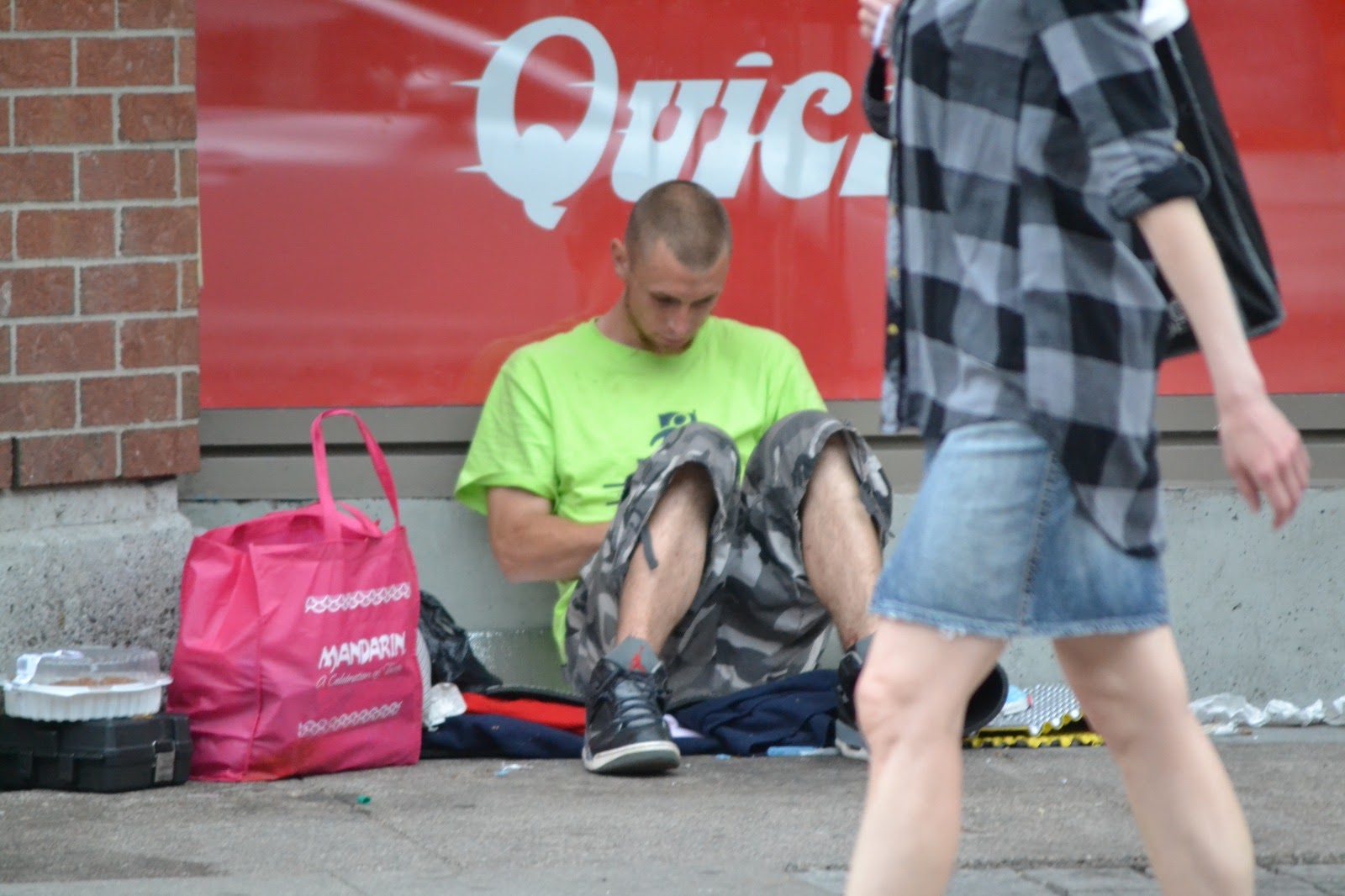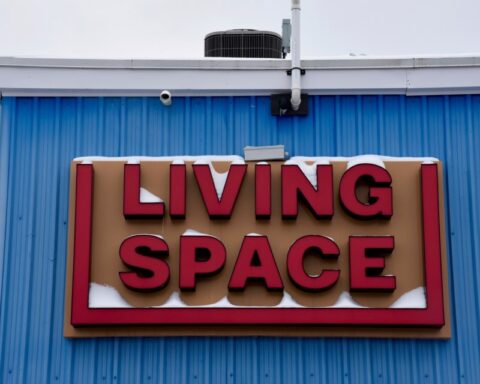On April 22nd, Kingston city council announced it would allocate $77,500 to Home Base Housing to help expand its street outreach services to seven days a week, instead of five. Street outreach workers attempt to connect vulnerable individuals with what they may need, be it clothes, shelter, food or medical services.
But while still extremely valuable, the funding is merely a band-aid solution, says Kingston councillor Rob Hutchinson.
Hutchinson said the problems facing Kingston’s homeless population run far deeper than underfunded outreach services. There needs to be more available shelter beds, as well as more affordable housing options for those who need them to transition to a more permanent living situation, said the councillor.
Shortage of Shelter Beds
The COVID-19 pandemic has exacerbated the crisis in shelters. According to the City of Kingston website, the city operates four shelters and has a total inventory of 94 beds for homeless men, women and children. After the initial outbreak in Canada last March, the amount of available beds in Kingston was reduced by approximately a third to maintain physical distancing guidelines. This created a situation where the number of homeless people exceeded the number of beds shelters could offer.
There are three main types of homelessness, including the unsheltered – these are individuals who are transient and sleep outdoors. Then there is the “emergency sheltered” which includes families who are suddenly without housing due to being victims of a disaster like a fire or women fleeing domestic violence. And there are the “provisionally housed” — people who lack permanent housing and are sleeping in unsustainable situations such as ‘couch surfing’ or who are living in overcrowded housing.
Based on Point-in-Time (P.i.T) surveying, which measures how many people are experiencing homelessness in a community within a specified time period (generally 24 hours), Kingston’s homeless measure is 150-185 individuals. That means nearly 40 per cent of Kingston’s homeless did not have access to a shelter bed.
Councillor Hutchison represents Kings Town district and has advocated for policies aiming to help the homeless for years. He says he wants to help bridge the gap and help the average person better understand the true nature of homelessness.
To illustrate the experiences of homeless people, Hutchinson invites others to think about their own families and their own support systems and imagine their lives without having access to them.
“Many people don’t [have access to support systems or family] and are suffering with difficulties stemming from abuse, lack of proper care from a young age, and the mental health issues resulting from that” he said. “Of course, this would take an imaginative leap from the individual, but I would hope they are capable of that.”
Helping Homeless Youth
Despite their best efforts outreach services are only able to attack the symptoms of the issue.
To truly eradicate homelessness, funding and physical space need to be allocated for affordable housing for people to be able to gradually transition to a more stable living arrangement. While there’s a dearth of affordable, supportive housing, construction is underway for three new commercial real estate projects in the downtown hub. The apartments will be ready for the new school year beginning in September.
But the new apartments are expected to cost around $1,860 a month for a furnished 1-bedroom, making them unaffordable for some students.
Home Base is stepping into this void through a project called Build 484, which aims to provide more permanent housing for young people.
According to the project’s official website, the objective is to, “financially support the build out of Kingston’s Youth Services Hub which will provide critical services to 16-24 year old homeless and vulnerable youths in one location.”
This facility will provide both affordable housing and support services to assist those in need, as well as transitional housing for emergency situations. This facility will then open up the current location of the Kingston Youth Shelter for other uses.
Thanks to provincial funding and community grants the Build 484 project has raised approximately half of the $10 million dollars it needs to break ground on the project.
Hutchinson believes the community will support projects like Build 484 to reduce homelessness.
“By and large, I think the average citizen in Kingston is in support of helping the homeless and has a solid grasp of the situation,” he said.
For those who would like to help, all of the shelters listed accept donations. Additionally, the Build484 project has a donation page set up.
However, the pandemic has placed many people in financially challenging positions, so if one would like to volunteer, Lionhearts, Martha’s Table, and the United Way all do great work.
This story has been produced under NCM’s mentoring program. Mentor: Marcus Medford
Kamal is a freelance Egyptian writer/journalist based in Ottawa, Ontario. Specializing in political policy, human rights, and social commentary, Kamal attempts to blend his mixed upbringing of living in Canada and Egypt in his writing.






Awesome to have met you and glad our fields brought us together Alhamdulilah! #grandrising #alloraisetothemostmerciful